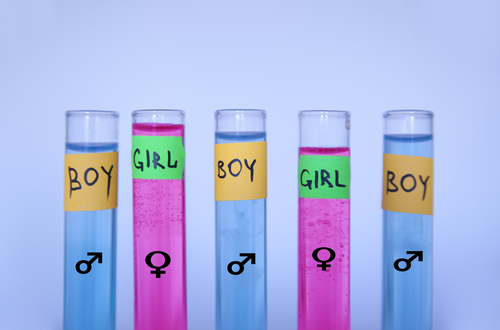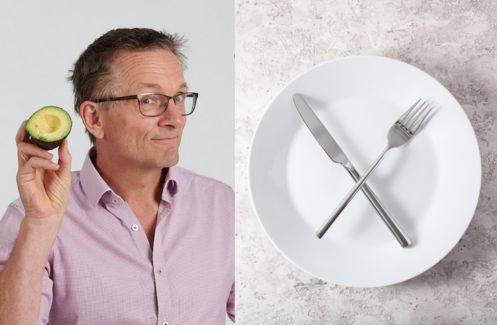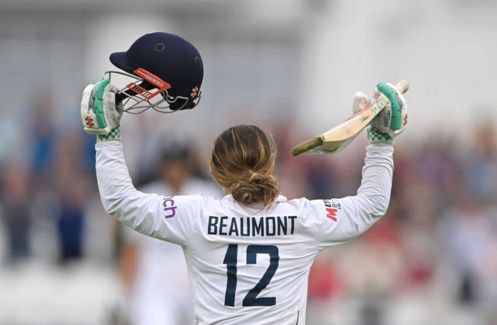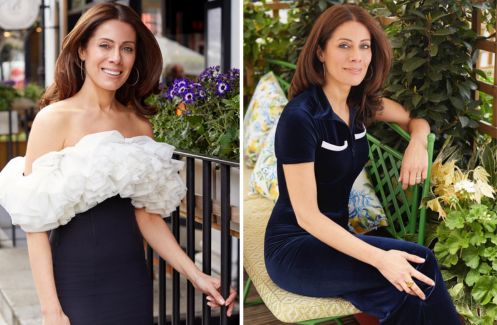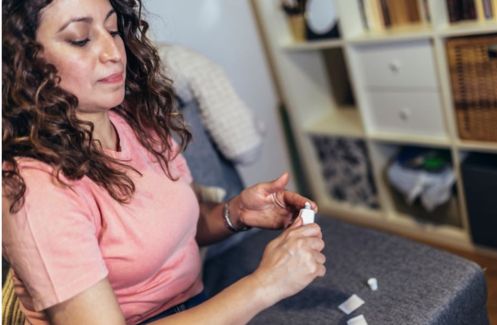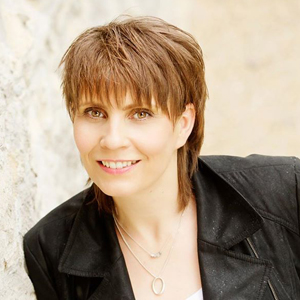
When you learn that you must have IVF treatment to be able to have a family it can be absolutely devastating. Not only do you realise that you will have to deal with the emotional and physical impact, you also have to accept that it has the potential to cost you an enormous amount financially.
Infertility is classified as a disease by both the World Health Organisation (since 2009) and the Department for Health in the UK. However, IVF is still viewed by many as being a lifestyle choice and there is often much confusion about the condition and its impact on sufferers’ lives. It is not, therefore, always thought worthy of NHS funding. Whilst the recommendation from the governing body NICE is to offer women aged under 40 years who have not conceived after 2 years of trying 3 full cycles of IVF, the reality of how that is implemented by NHS Clinical Commissioning Groups (CCGs) in different parts of the country can be quite stark. Some CCGs offer one cycle only, some fund two whilst only a handful provide the full three cycles. Some offer none at all. Not only that, the criteria that each CCG sets regarding eligibility also varies wildly. It really is still a postcode lottery.
The cost to the NHS of one cycle of IVF is put at around £3000. If you don’t qualify for funding this is the minimum figure you can expect to pay if your treatment is provided at an NHS clinic or hospital. For private treatment in the UK, the total cost will usually start at around £5000 per cycle but this can rise steeply depending on whether you require complex treatment.
Those figures don’t, however, usually include the cost of fertility drugs, which you will still need to pay for. If your cycle is funded it will be the standard prescription charge. If you have to pay for treatment then you need to allow for an additional cost of between approximately £800 and £1300 depending on which drugs you are prescribed and how many you require. One of the additional problems is trying to define what your outlay for medication will be. It is entirely possible that you start your treatment on a low dose, but end up needing to take more depending on how your body reacts. This is unfortunately something that you won’t know about until it happens and it can cause unforeseen extra financial pressures.
It’s important that you ask for a personalised costed treatment plan before beginning any treatment, as well as regular updates throughout your cycle. You should also factor in a certain amount of leeway to allow for the unexpected – a cycle doesn’t always go to plan so you have to be prepared for procedures and/or exact costs to change at the last minute.
If you decide to have your IVF treatment abroad then it is even more essential that you find out exactly what is included beforehand. Whilst it is possible to have your treatment at much reduced prices, with savings of between 50 per cent and 75 per cent in some cases, you need to check what exactly is included – again, ask for a personalised costed treatment plan.
Don’t forget too that if do go abroad for treatment you will incur extra expenses such as flights and accommodation. Once you’ve factored these in you may find that there is not a great deal of difference between the cost of treatment in the UK and that in another country. If this turns out to be the case you need to ask yourself whether the upheaval and hassle of travelling abroad at what is a physically demanding and emotional time is worth the financial savings.
As for my own experience, having gone through three cycles of IVF my partner James and I spent a total of around £15,000. I was 35 when we started treatment, and as we had to fund all three cycles ourselves (through a mix of savings and a credit card) we didn’t need to go on a waiting list.
For our first cycle the NHS CCG’s budget for the year had been depleted, so whilst our treatment was in an NHS hospital we still had to pay. The only concession at that time was that we were allowed to obtain the medication from the hospital pharmacy which did reduce our costs slightly. For our second cycle the CCG’s criteria ruled us out of funded treatment, and for our third attempt, which was successful, we opted to go to a private clinic in London, the Centre for Reproductive and Genetic Health. Six and a half years on from when our twins were born in 2007 we are still paying towards some of the credit card cost.
There is no getting away from the fact that IVF is a costly business. It can very quickly eat up any savings you may have and leave you with the dilemma of how to fund future treatments if you experience negative cycles. There is no easy solution with regard to funding your treatment. It can be soul-destroying knowing that your chances of having a family are restricted due to financial constraints.
The NHS ‘postcode lottery’ system that we have in the UK is both discriminatory and unfair. The guidelines from NICE (National Institute for Health and Clinical Excellence) issued in May 2012 proposed better access to IVF funding on the NHS (up to 3 funded cycles). The guidelines are not mandatory and as a result CCGs across the country can and do impose additional criteria including but not limited to age restrictions, or whether there are any living children from the current or a previous relationship, even if the child is not living with the couple.
As this criteria is defined by individual CCGs there is disparity between areas or regions, resulting in the postcode lottery system. The Equality Act 2010 states that there is a duty on healthcare bodies to eliminate discrimination and provide equality of opportunity between people who share a relevant protected characteristic. Age is defined as one of these characteristics. In the meantime, whilst this situation still exists approximately 60 per cent of IVF cycles will have to be privately funded (these are the most recent available figures from the HFEA Fertility Trends & Figures 2011).
As a patient you cannot control what happens during treatment, but there is one thing you can definitely be sure of – IVF has the potential to leave you feeling absolutely spent.
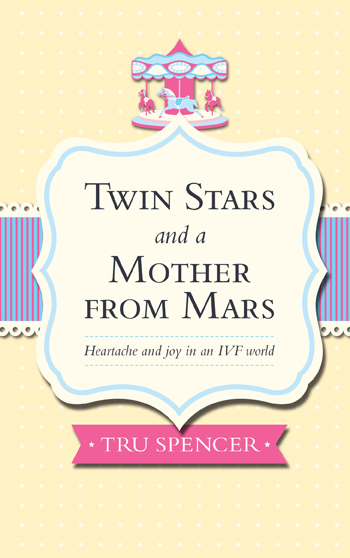
The Fertility Show takes place 2-3 November at Olympia, London
Like this article? Sign up to our newsletter to get more articles like this delivered straight to your inbox.




